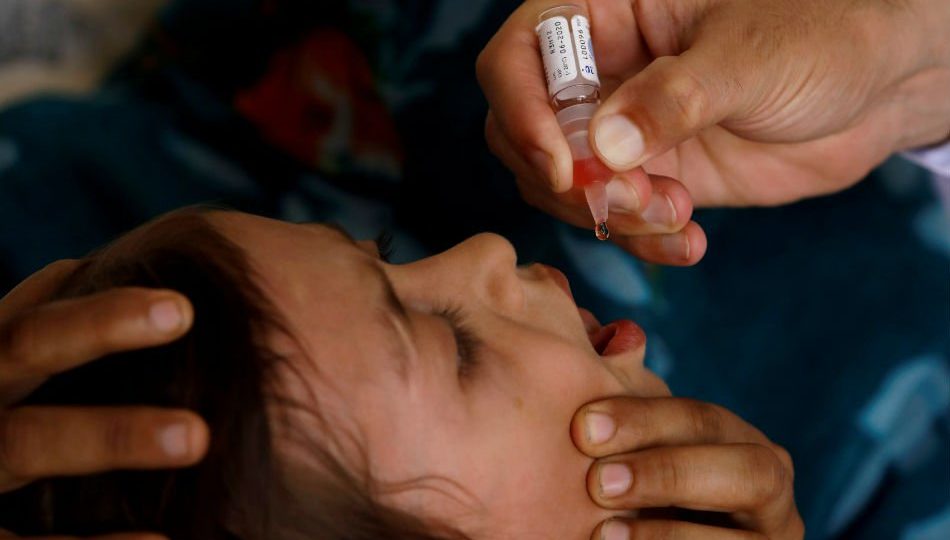A 4-year-old girl in Datu Piang town in Maguindanao has tested positive for polio, the Department of Health (DOH) announced today, making her the third confirmed case in the Philippines since the disease first resurfaced in September after a nearly 20-year absence.
Read: 19 years after being declared eradicated, government says polio is back in the Philippines
Health Secretary Francisco Duque III said in a statement that the afflicted 4-year-old had not been vaccinated, and was reported to have a case of “acute flaccid paralysis,” or AFP, when she was brought to Cotabato Regional Medical Center on Sept. 26.
AFP, which can be trigged by polio, involves the sudden onset of paralysis in any body part of a child under the age of 15, according to the World Health Organization.
The patient, who has been under medical care since last month, experienced fever, diarrhea, vomiting, and muscle pain. Stool samples were sent to the National Institute of Infectious Disease in Japan on Oct. 24, where they tested positive for vaccine-deprived poliovirus 2.
The virus was the same one that afflicted the 3-year-old girl from Morogong, Lanao del Sur, the first case of polio in the Philippines in 19 years. The second patient, announced by the DOH just a day after, was a 5-year-old boy in Laguna.
Read: Philippines begins mass vaccinations after polio returns
The Philippines’ polio outbreak has been traced back to the weakened form of the virus used in vaccines, which is excreted by people for a time after they receive it.
Polio has no known cure. It’s early symptoms, according to the DOH, include fever, stomach pains, and diarrhea. People with the highest risk of contracting the disease are children below 5 years old who have yet to receive vaccinations.
Duque said that the DOH will be conducting a Nov. 4-8 vaccination campaign in Datu Piang, Maguindanao, to vaccinate almost 4,300 children up to the age of 59 months.
Since the controversy surrounding Dengvaxia — an anti-dengue vaccine now banned in the country — parents have become apprehensive of immunizing their children. Some 800,000 school children were immunized with Dengvaxia in 2016.
A year later, Public Attorney’s Office chief Persida Acosta made unsubstantiated claims that Dengvaxia had caused hundreds of children to die, setting off a vaccine scare, despite attempts by the DOH to reassure parents.
The panic caused many parents to not get their children immunized, which led to a measles outbreak earlier this year, a national dengue epidemic in August, and the outbreak of polio.





Reader Interactions